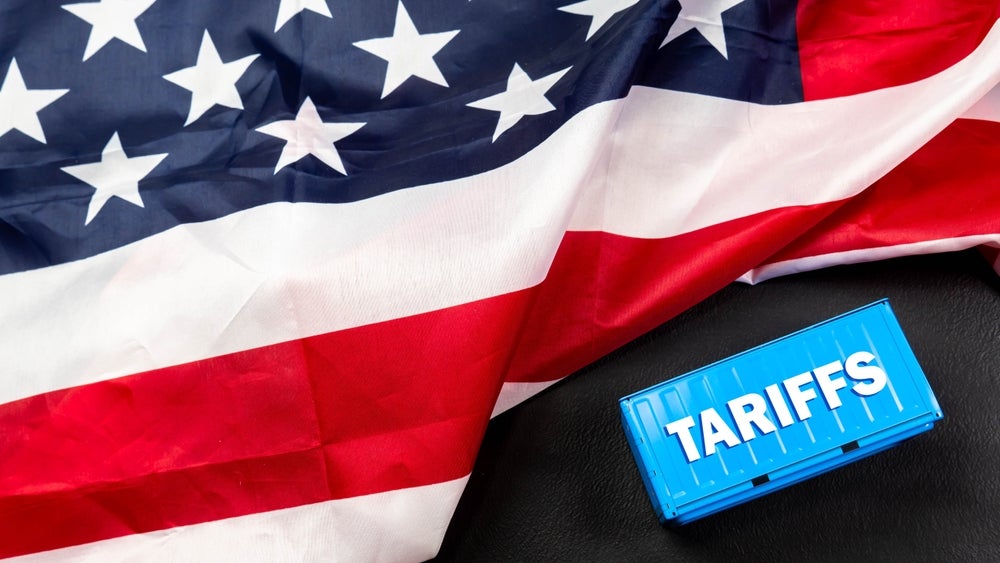
The Trump administration is demanding that countries submit their best trade negotiation offers by Wednesday as officials accelerate talks with multiple partners ahead of a July 8 deadline.
What Happened: The draft letter reveals urgency within the administration to complete deals against its tight deadline, Reuters reported. Trump paused his “Liberation Day” tariffs for 90 days until July 8 after stock, bond and currency markets revolted over the sweeping nature of the levies in early April.
The U.S. is asking countries to list their best proposals, including tariff and quota offers for U.S. industrial and agricultural products, plans to remedy non-tariff barriers, commitments on digital trade and economic security, and country-specific commitments, according to a draft letter from the United States Trade Representative seen by Reuters.
The U.S. will evaluate responses within days and offer “a possible landing zone” that could include reciprocal tariff rates.
Washington has been engaged in active negotiations with the European Union, Japan, Vietnam and India, among others. So far only one agreement has been reached with a major trading partner – Britain, though that limited pact was more akin to a framework than a final deal.
A USTR official confirmed, according to the report, that “productive negotiations with many key trading partners continue at a rapid pace.”
USTR did not immediately respond to Benzinga‘s request for comment.
See Also: Snowflake Sets Sights On $350 Billion Database Market With Crunchy Data Acquisition
Why It Matters: The Court of International Trade ruled last Wednesday that Trump overstepped his authority with tariffs under the International Emergency Economic Powers Act, though an appeals court temporarily paused that decision.
The draft letter warns partners not to expect tariffs will be sidelined, stating Trump “intends to continue this tariff program pursuant to other robust legal authorities if necessary.”
Experts forecast elevated market turbulence until trade clarity emerges, with LPL Financial‘s chief technical strategist noting “the market hates uncertainty” and that “high levels of trade policy uncertainty tend to correlate with high implied volatility.”
The administration is considering alternative approaches, including using the Trade Act of 1974 to impose broad tariffs of up to 15% for 150 days while developing tailored tariffs for individual partners.
Read Next:
Disclaimer: This content was partially produced with the help of AI tools and was reviewed and published by Benzinga editors.
Image Via Shutterstock

